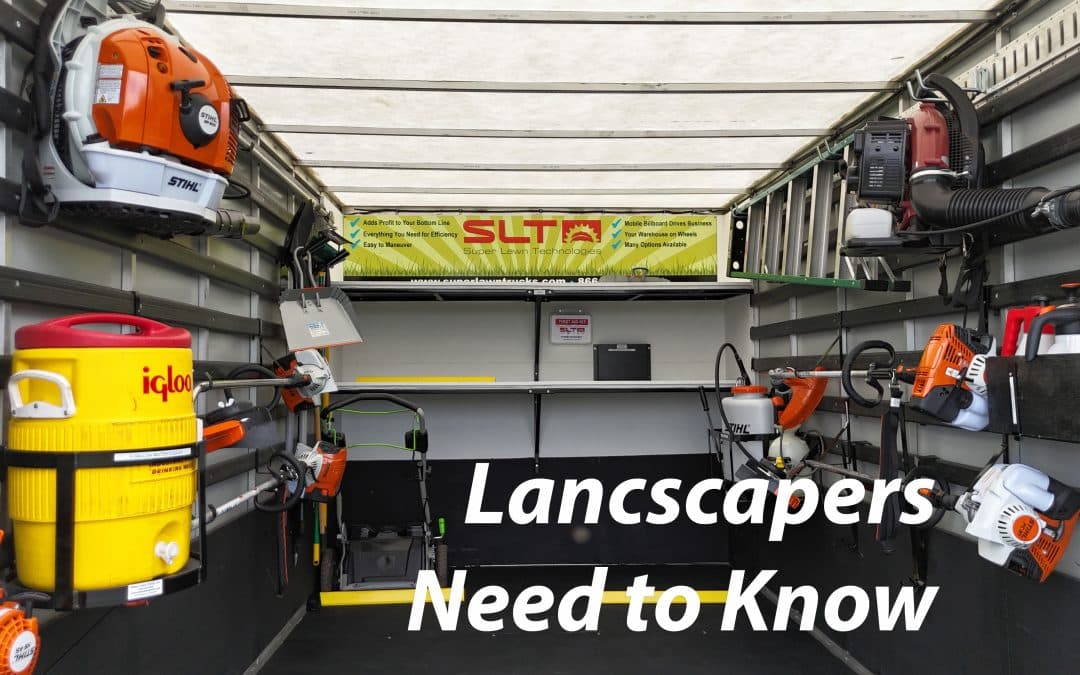Today’s message is inspired by a recent phone conversation with the owner of a lawn and landscaping company. His trucks are over 20 years old. He lost his lease on the property he has operated out of for 20 plus years. He located a new yard and shop, but the rent is 3x what he was paying and half the size.
He is looking for trucks that are more compact so he will have adequate parking for his four crews. Here’s part of that conversation:
“Why does the weight capacity of the truck, the truck body, cargo and tools matter so much when you design the Super Contractor Truck or Super Lawn Truck?”
In order to provide a commercial work truck that is safe to operate and provide many years of dependable service, it must not be overloaded. If you overload commercial work trucks, there are a number of problems you can create including:
- Reduced braking ability: Overloaded trucks require more distance to come to a complete stop, increasing the risk of rear-end collisions, especially in emergency situations.
- Decreased maneuverability: Excess weight can affect the truck’s handling and stability, making it more difficult for the driver to steer and control the vehicle, especially on curves or during sudden lane changes.
- Tire failure: Overloading can put excessive strain on the tires, leading to increased wear and the potential for blowouts. This is particularly dangerous at high speeds or on highways where blowouts can cause loss of control and accidents.
- Suspension and chassis damage: The added weight can exceed the vehicle’s design limits, leading to stress on the suspension system, frame, and other structural components. Over time, this can result in premature wear, fatigue, and potential failure of critical parts.
- Increased risk of rollover: Overloaded trucks have a higher center of gravity, making them more prone to tipping over, especially when navigating sharp turns or uneven road surfaces.
- Overloading commercial trucks is illegal: If you operate commercial work trucks on public highways, roads and streets, you have a responsibility to know your vehicle weight capacity and avoid overloading the posted Gross Vehicle Weight Rating (GVWR). You can find the GVWR posted on the truck manufacturer identification tag. Your state department of transportation and local law enforcement will enforce regulations regarding overloaded vehicles.
- Destroy Your Truck Warranty – If you operate a truck beyond the manufacturer’s stated gross vehicle weight rating, you could be denied warranty coverage by the manufacturer. Whatever the weight requirements, follow the manufacturer’s requirements or you can void your warranty.
When you are considering a commercial work truck for your lawn or landscaping company, give Super Lawn Trucks a call. We’ve been building safe, durable and productivity enhancing work trucks since 1998. We’d be proud to have the opportunity to work with you and your team soon.
Tony Bass, founder
866-923-0027
PS – you can check out our Super Contractor Trucks here… they are 2 trucks in 1 and one of our most popular models!
We also recently introduced a more compact, affordable truck option called the Super Lite! Check it out here!ommunicate is essential to success.

